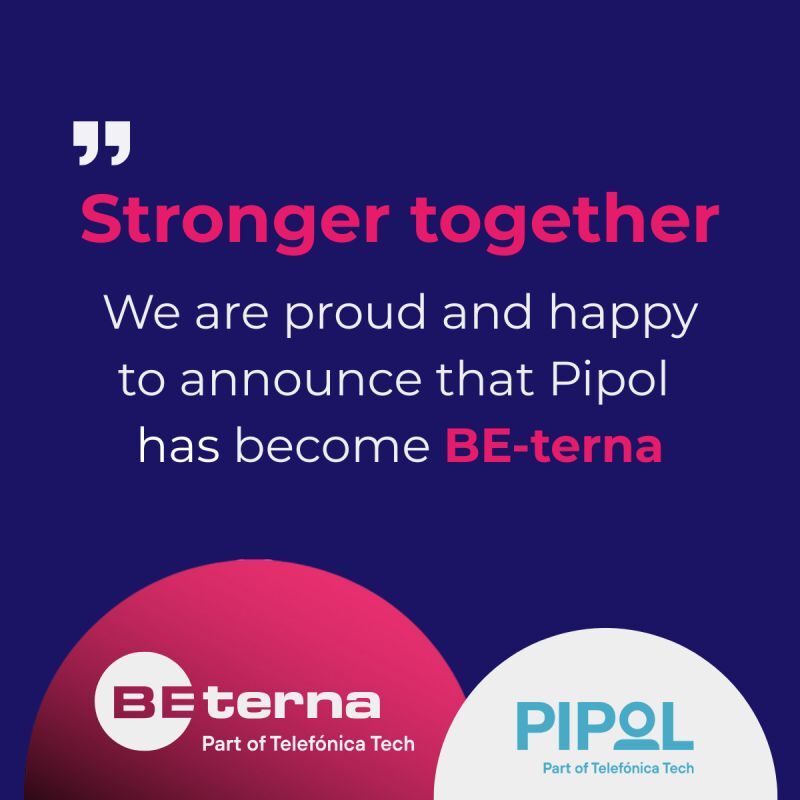International organizations are increasingly moving their business applications to various online platforms. However, the debate over which deployment model to choose—in-cloud, on-premise, or hybrid—remains ongoing, as each business case is unique and requires careful consideration. Key factors such as data security, system integrations, and cost must be thoroughly evaluated before making the right decision.
The Differences Between On-Premise and Cloud ERP
The fundamental difference between on-premise and cloud-based ERP lies in how the software is deployed and accessed. On-premise ERP software is installed on computers and servers owned or leased by the organization. In contrast, cloud-based ERP is deployed on the cloud—servers owned or leased by the vendor—and accessed through a web browser. Cloud-based ERP systems are typically SaaS (Software as a Service) products, where the service includes both the software and the infrastructure it runs on.
Cost-Efficient Deployment
With Cloud ERP, the cost of deployment and maintenance is significantly lower. The cloud eliminates the need for expensive servers and hardware, costly electricity bills, and infrastructure management expenses. It also reduces the need for dedicated IT staff, allowing your IT resources to focus on more strategic projects that add value to the organization. Since cloud solutions are based on subscriptions and the number of systems and users you need, there are no surprises with your bill. This model allows for accurate cost prediction and reduces the total cost of ownership.
Always the Latest and Greatest
Are you spending valuable time on updates and patches to keep your system running? With Cloud ERP, you receive automatic updates, ensuring you always have the latest version of your ERP solution. This highly innovative platform is continuously developed, with Microsoft releasing biannual updates every spring and fall.
Scalable and Agile
Cloud ERP enables your entire business to operate on a common data model and a flexible, extensible platform. Its highly adaptable applications allow users to create new processes and modify existing ones without IT assistance. Additionally, Cloud ERP makes it easy to scale your system as your needs evolve. Adding users and apps is simple, allowing for quick and efficient expansion. During busy periods, you can easily increase performance capabilities, paying only for the resources you need, when you need them.
Accessibility
Cloud ERP provides continuous, uninterrupted access to the system with easy and secure connections through web browsers on smartphones, tablets, or computers. This ensures your employees enjoy remote access from anywhere in the world. Cloud ERP also offers more accurate data, resulting in better service for your customers, while guaranteeing stability and system availability through round-the-clock server management.
However, it’s important to note that the cloud model depends entirely on web access, with high efficiency requirements for the connection. Potential connection failures are a real threat, making reliable Internet access and redundant Internet connections crucial for stable operations.
Safe and Secure
Working from the cloud means operating from a single, unified source of information. While the standard solution is common to all users, all data is stored separately, ensuring that you only have access to your data. With Dynamics ERP cloud, Microsoft is responsible for the security of your ERP data, safeguarding it in the event of a security breach—provided that you enforce the correct user access controls. It’s essential that users only have access to data and applications that align with their roles, and that they receive continuous training and monitoring on data and password security.
Migrating Your Data
The process of cloud migration requires thorough preparation to ensure success. Consider how the data will be used—data stored in on-premise applications may need to be reformatted for different cloud workflows, so experimentation with different formats is necessary. Prioritize what data to move first—actively used data should not be migrated initially, as it must remain in sync. Additionally, decide on the method of data transfer, whether physical shipment, network transfer, or a hybrid approach. Once the data is transferred to the cloud, it should be verified to ensure the data that arrived matches what was sent.
There are many considerations to keep in mind before moving your data to the cloud to avoid additional costs and inefficiency in the new system. With careful planning, it’s possible to automate the process, optimizing data flow and minimizing the need for modifications during statistical analysis.
Actionable Insights
Do you want easy access to actionable business intelligence that uses big data, advanced analytics, and IoT to guide employees and customers to the best possible outcomes? With Cloud ERP and a well-planned migration, your data and insights are efficiently transformed into intelligent actions, without the need for an advanced team of data analysts. The system uses artificial intelligence and machine learning to offer full automation, allowing everyone to access real-time data, collaborate, make quick decisions, and respond to issues. Executives can also run the numbers and adjust budgets or strategies as needed.
Choosing the Right Model
There are various deployment models to choose from, and selecting the most suitable one depends on many factors. Whether you’re ready to migrate to the cloud immediately or prefer a hybrid approach that combines on-premise and cloud deployment, the choice should align with your business’s unique requirements.
At Pipol, we understand that international organizations have specific needs for data and functionality. With our vast experience and expertise, we have the know-how to ensure you get the right solution for your business. Get in touch today to learn more about how we can help you choose the best deployment model for your organization.



